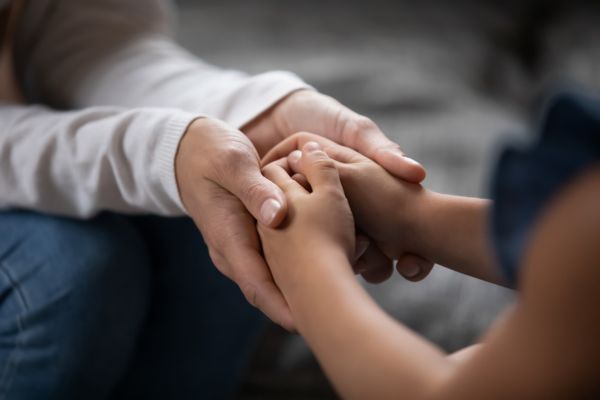
You’ve navigated a difficult moment with your child, acknowledged their big emotions, and helped them calm down. So, what’s next? How do you help your child understand and process the lessons from these challenging situations? Here’s a guide to support you and your child in moving forward with empathy and love.
Provide Reassurance
It’s crucial to let your child know that whatever they feel is okay. Their current choices do not define them forever. Remind them that your love is constant—before, during, and after any challenging situation. Reassure them that they are in control of who they become and that everyone faces challenges.
Children need to hear this reassurance in different ways and often. Even if you think, “Of course they already know that!”—tell them again. When kids are dealing with a difficult situation (which others might call a tantrum, meltdown, or bad behavior), your reassurance helps them begin to process what happened.
Explain the Brain
Understanding the reasons behind a child’s challenging behavior can make us more empathetic and supportive. This understanding is beneficial for kids too; it helps them see their actions from a new perspective. It emphasizes the idea, “I’m not a bad kid, I’m having a hard time with something.”
There are many resources, like books on feelings for younger kids, that can help. Notably, neurologist and author Dan Siegel offers great explanations in his videos about why kids “flip their lids.” When children understand the reasons behind their big emotions and behaviors, they can navigate the path to change more smoothly.
Redefine Progress If Needed
Maria Montessori wisely said, “Progress is not linear,” and this is especially true for children. Your child might learn a lesson today, display their understanding wonderfully tomorrow, and forget it all the next day. While this can be frustrating, it’s important to remember that real progress lies in the learning process, not the immediate outcome.
Helping your child through a challenging situation is just the first step. The next step is helping them process what happened so they can handle similar situations differently in the future. This ongoing journey of learning and growing is what truly matters.